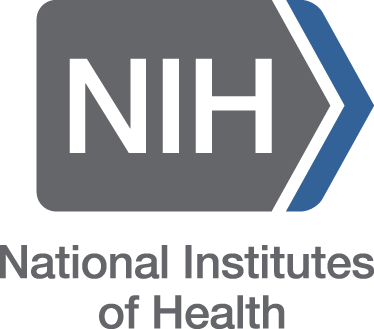jSign: Based on Blockchain Technology
Searching for an eSignature Solution? Don’t Settle for Anything Less Than Blockchain Technology
AN ELECTRONIC SIGNATURE IS NOT ENOUGH
If your business’s legal health depends on signed agreements with clients—we’re looking at you, healthcare organizations, law firms, financial service providers—you know the federal E-Sign ACT gives electronically signed contracts the same legal status as those signed on paper. But what you might not know is that the law does not treat all electronic contracts equally. Understanding these distinctions should influence the eSignature solution you choose.
For a moment, imagine the worst.
Let’s play out the type of hypothetical that’s probably leading you to research electronic-signature solutions in the first place. Imagine your company finds itself in a legal dispute with a client (or patient) over the validity of a signed agreement. You will need to prove not only that you have the electronically signed document, but also that:
- The electronic contract you’re presenting as evidence has remained in its original form, neither modified nor tampered with, from the moment it was signed.
- Your signer intended to enter into the agreement and create a legally-binding signature.
- You obtained the signer’s consent to use the electronic signature solution.
- The signature is authentic, meaning it does in fact come from the signer.
If the eSignature solution you used to secure the signed agreement doesn’t allow you to meet any of these (or other) conditions, you might not be able to legally enforce the contract.
NOT ALL TECHNOLOGIES USED TO SECURE E-RECORDS ARE CREATED EQUAL—AND NONE BEAT BLOCKCHAIN

To satisfy the above elements of the E-Sign Act (signer’s affirmative consent, record integrity, etc.), and prevail in a legal dispute, you’ll need your eSignature app to offer advanced digital protection and anti-fraud measures, including
- Timestamp of the eSignature
- Geolocation coordinates—longitude and latitude—to match the timestamp
- IP address of the signer
- Signer’s unique device ID
- A decentralized, redundant digital ledger to store all of this data, ensuring modification of the original record would be impossible to carry out undetected
Taken together, these make up the unique characteristics of blockchain technology. Which is why government agencies and corporations are increasingly turning to this technology to secure their most valuable and sensitive electronic data. Here are just a few examples.
Government agencies secure their data with blockchain.
The National Institutes of Health issued a paper in 2020 recommending the use of blockchain to track and secure COVID-19 data, calling it a trusted tracking system. The paper’s key statement:
“Blockchain’s decentralized platform is tamperproof due to its underlying cryptographic technology, which is used to authenticate participants in the network.” 1


The Department of Defense awarded a cybersecurity contract to longtime military contractor SIMBA Chain in 2020, to secure sensitive research-and-development records. As the announcement explained:
“ Using blockchain, the DOD aims to improve integration, security, auditability, and controlled access of this critical data.” 2
Corporations secure their data with blockchain.
A report by Concord Law School, explaining blockchain’s legal admissibility as digital evidence, notes several large corporations already using the technology to secure highly sensitive data. For example:
- Walmart uses blockchain to track produce and improve food safety.
- Healthcare organizations use blockchain to ensure medical-records integrity.
- Commercial real estate firms use blockchain to execute and store electronic contracts. 3

WHY TRUST YOUR COMPANY’S ELECTRONIC CONTRACTS TO ANYTHING LESS SECURE THAN BLOCKCHAIN?
If international corporations with billions of dollars at stake—and even federal agencies with data as sensitive as the Defense Department—trust their electronic records to blockchain technology, why would you want to record and store your company’s signed contracts with anything less proven and secure?
The only viable answer.
Until now, you didn’t have any choice but to entrust your electronic signatures to more traditional cybersecurity protocols, because few or no eSignature solutions offered blockchain technology.
But today, you no longer have that challenge. There is a new eSignature provider that will protect your company’s electronic records in a digital environment that leverages all the security, tamper-proof, and anti-fraud benefits of the blockchain. That solution is jSign.
To learn more, download our free white paper:
A Key Capability to Demand from Your eSignature Solution
- NIH: Blockchain for COVID-19 – Review, Opportunities, and a Trusted System (2020)
- LedgerInsights: US DoD to Use Blockchain to Secure Sensitive Data (2020)
- Concord Law School: The Admissibility of Blockchain as Digital Evidence (2019)